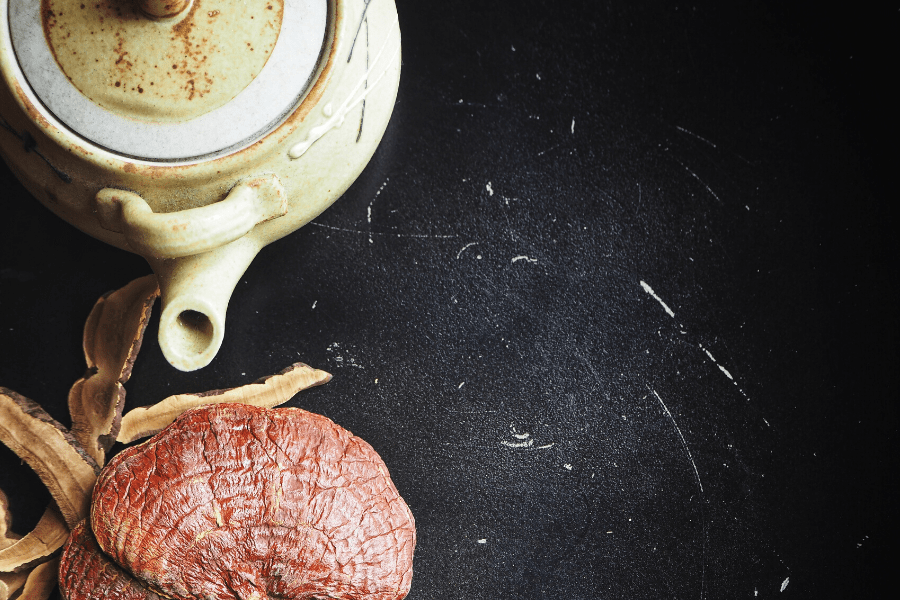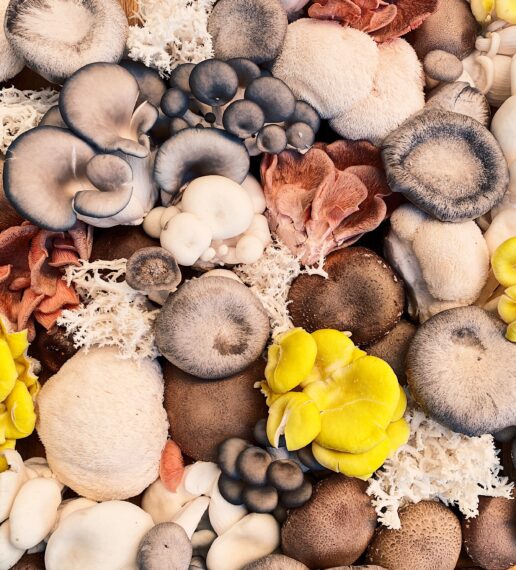Your Ultimate Guide to Basic and Unique Types of Tea
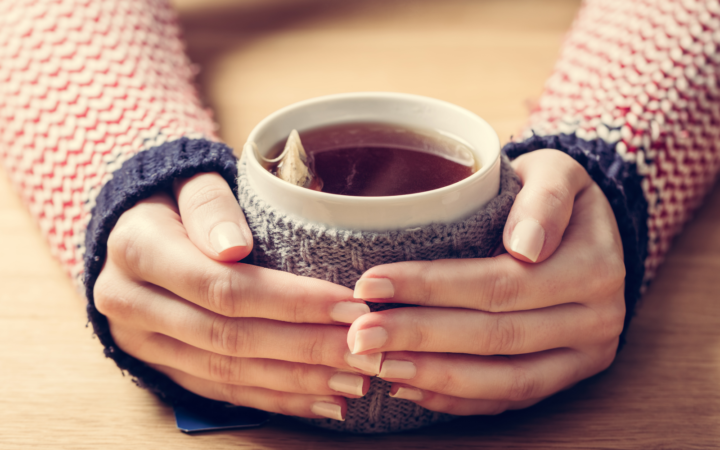
Every culture around the world has brewed different types of tea for their unique medicinal health benefits. Whether you’re a tea expert or newbie, it definitely gets confusing trying to keep all the teas of the world straight.
This is by no means a definitive list — that would be impossible!
However, it does contain most of the basic teas everyone should know, as well as some unique teas to expand your journey into the wide world of tea.
Different Types of Tea You Need to Know
The tea varieties below are known as “true teas” and all of them contain caffeine.
In other words, they come from the camellia Sinensis plant aka the tea plant.
The oxidation process — or exposure to oxygen –changes the antioxidant content, flavor profile, and color of the tea leaves.
The oxidation process, however, does NOT affect the caffeine content of tea leaves. That depends on many factors including soil, altitude, and especially steeping time and water temperature.
You can find the types of tea below in tea bags and loose-leaf tea varieties.
Black Tea

Black tea is probably the most popular tea across most of the world. Even in the Middle East, ask for “shai” (tea), and the server will bring you a bag of Lipton black tea.
Black tea generally comes from China or India and includes several types including Earl Grey (with bergamot), Ceylon, and Assam. (1)
Green Tea
Green tea contains slightly less caffeine and a shorter oxidation process, but it’s loaded with antioxidants and awesome health benefits. (2)
Japanese green teas are among the most popular types which include Jasmine, sencha, and matcha tea: the fully ground up tea leaf and stem.
Oolong Tea
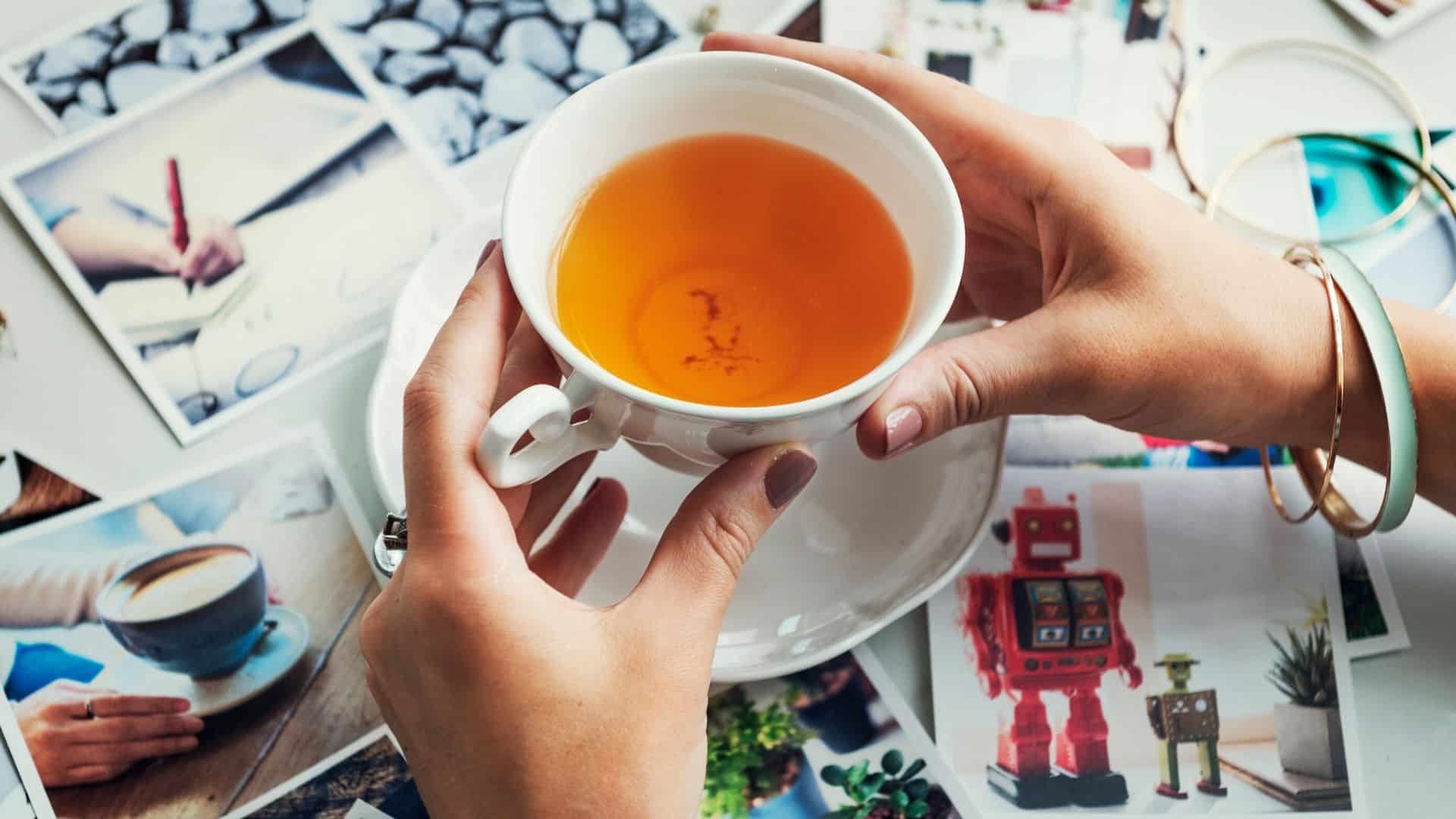
Oolong tea is allowed to oxidize somewhere between black and green tea so it combines the best of both worlds!
In terms of health benefits, oolong tea has been studied for its potential to improve brain health, fight cancer, and much more. (3, 4)
Yellow Tea
Chinese yellow tea is extremely rare so be prepared to open your wallet to try this loose-leaf tea.
The oxidation process happens at a much slower rate than that of green tea. The drawn-out oxidation process removes the hallmark grassy flavor of green tea, creates a yellow cup of tea, and delivers 3x more antioxidants than a standard green tea. (5)
White Tea
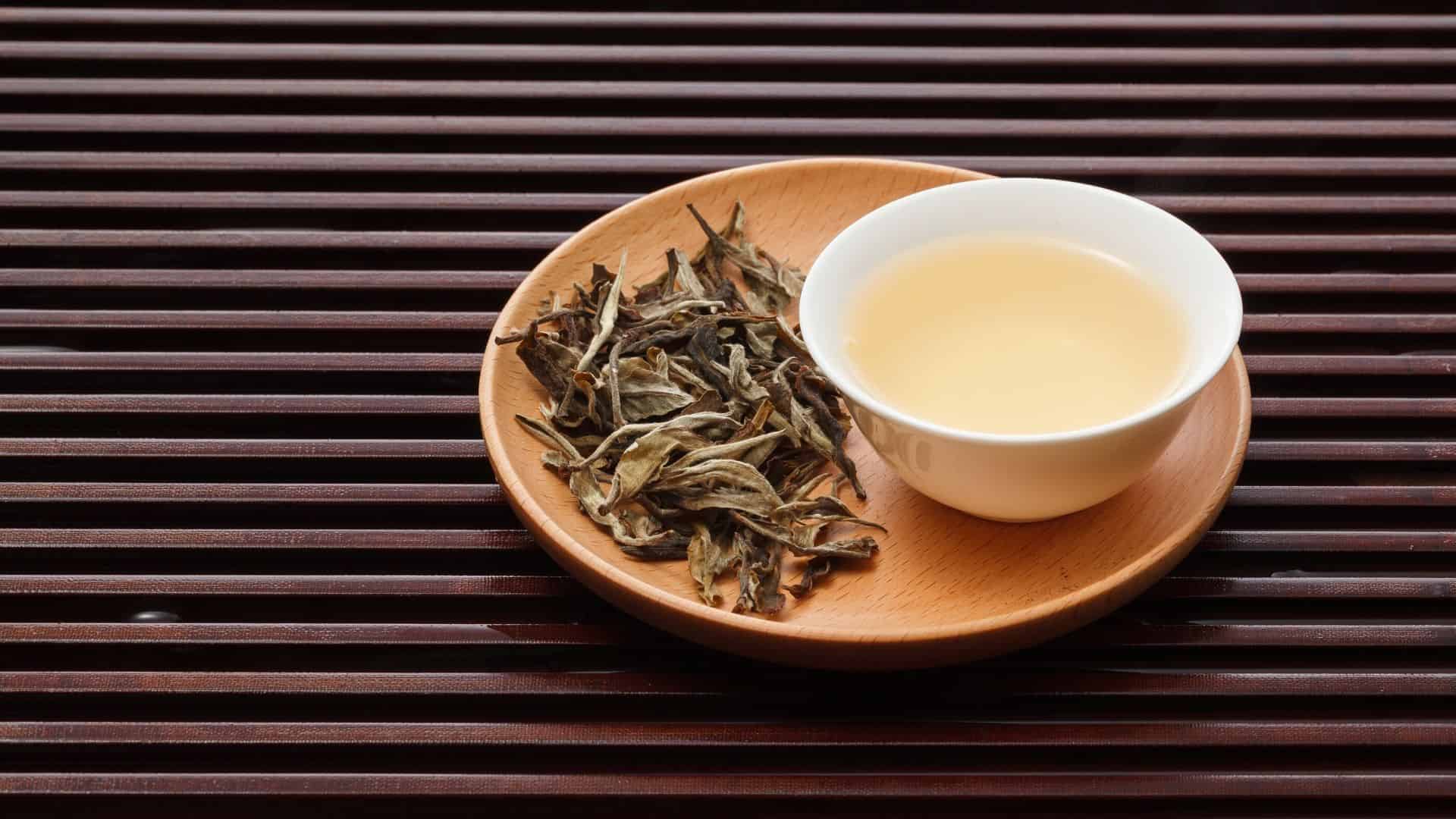
Traditionally grown and drank in China, white tea leaves are young and not oxidized.
Instead of a lengthy oxidation process, white tea leaves go through a quick withering and drying process in the sun.
White tea tends to have the lowest caffeine content of all true teas because the buds are young and you don’t steep it for very long.
Darjeeling
Darjeeling tea is traditionally grown in India and can include white, green, oolong, or black teas.
The flavor is more floral and with a thinner body than standard teas.
Masala Chai Tea
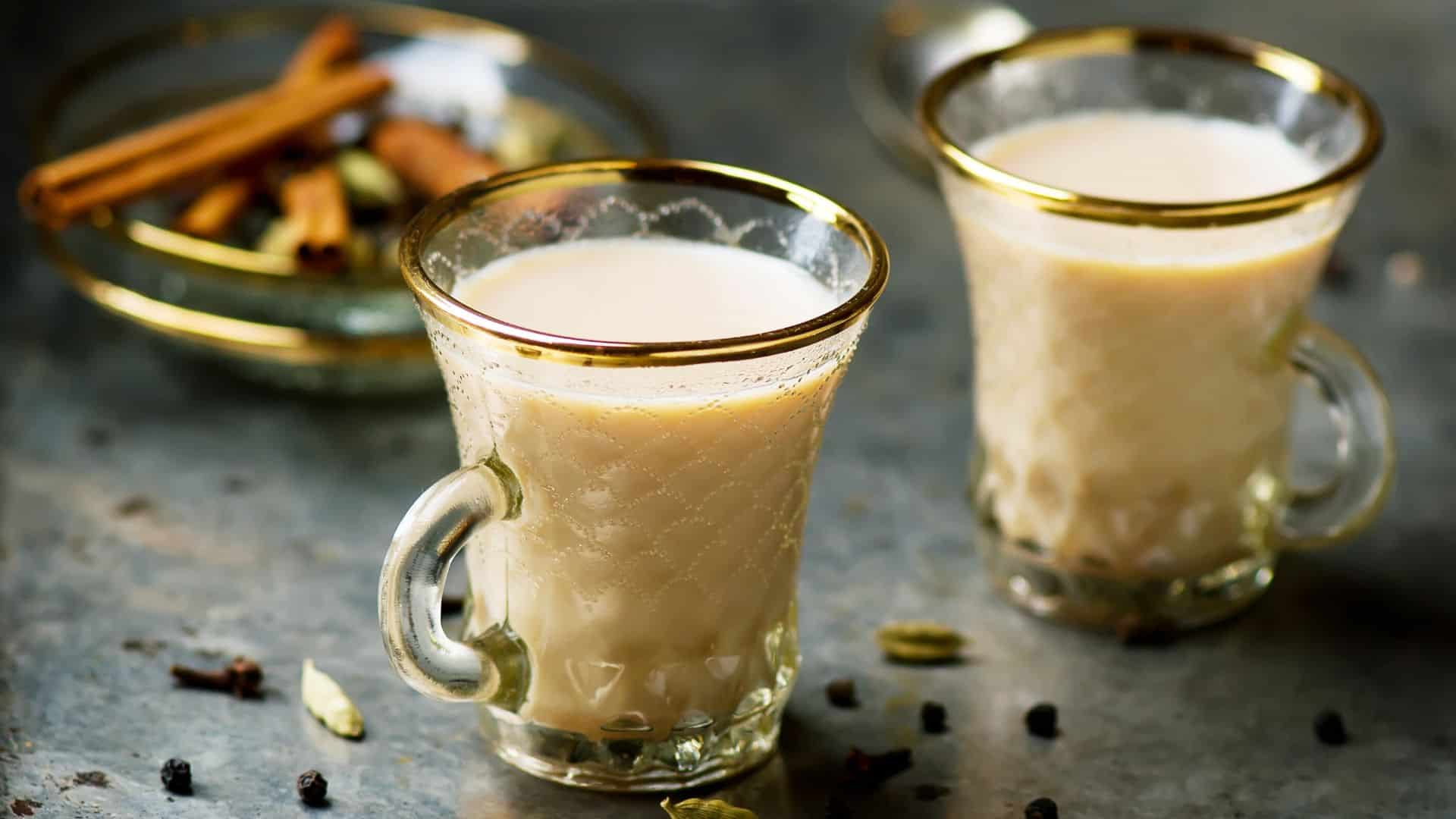
When people think of “chai tea” they tend to think of herbal tea with a spicy and sweet flavor.
However, traditional masala chai tea in India starts with black tea.
Using black tea as a base, flavors like nutmeg, cardamom, clove, cinnamon, ginger, and black pepper are added to increase flavor and health benefits.
Popular Herbal Types of Tea

Herbal teas tend to be caffeine-free because they don’t come from the camellia Sinensis tea plant.
Instead, herbal infusions are made from different types of flavorful and medicinal plants.
While they don’t contain the exact same antioxidants of green tea, most herbal teas are loaded with different types of antioxidants, vitamins, and minerals so they still provide incredible health benefits:
Rooibos Tea (Often Called Red Tea)
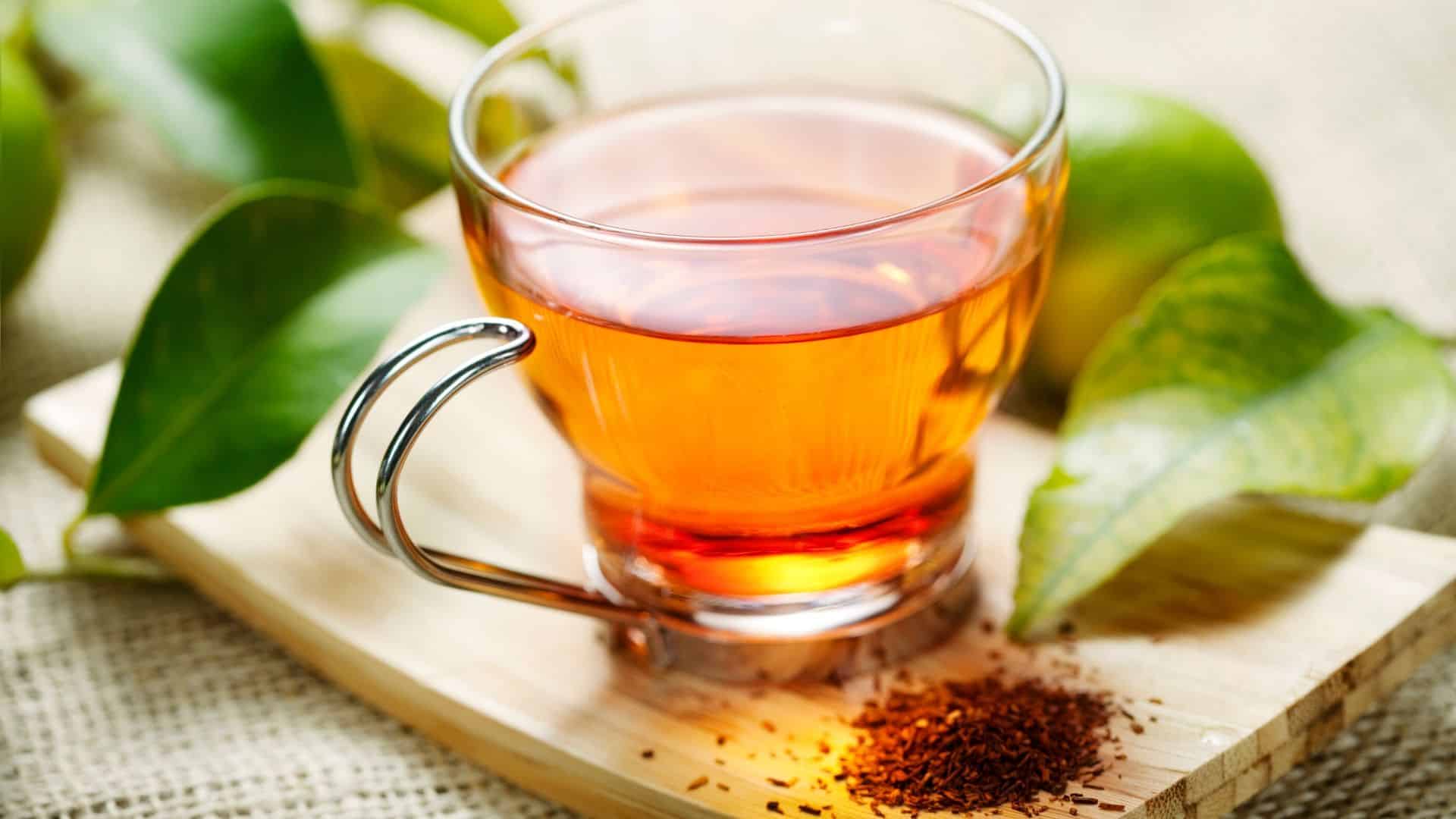
Rooibos gets its own heading here because it’s often confused for a true tea. (9)
However, rooibos tea comes from the Aspalathus linearis plant rather than the camellia Sinensis plant.
Grown mostly in South Africa, rooibos, known as red bush tea, goes through a lengthy withering and oxidation process.
Rooibos has a sweet flavor similar to caramel or vanilla. And guess what? Rooibos tea leaves are naturally caffeine-free!
Unique Types of Tea You Must Try
You may not be familiar with most of the types of tea below, but they’re loaded with unique antioxidants and health benefits.
Some have a high caffeine content and some provide 100% caffeine-free energy!
1. Mamaki Tea
Their leaves look a lot like kratom leaves but they’re two totally different plants.
Mamaki tea is a native Hawaiian tea traditionally consumed as a caffeine-free stimulant.
This type of tea also contains high levels of catechins: the same antioxidant found in green tea. (10)
2. Mushroom Teas
Medicinal mushrooms are loaded with beneficial beta-d glucans.
We can’t dive into all of the awesome health benefits here, but we can say that the antioxidants in medicinal mushrooms help balance your immune system, may support brain health, can improve energy, and much more. (11, 12)
You can make your own mushroom tea with turkey tail or chaga by simmering the dried whole fruiting body in piping hot water to release nutrient packed compounds.
You can also add pre-extracted mushroom powder in your tea for an immune supporting boost.
3. Pu-erh Tea
Pu-erh is a fermented tea produced in China’s southern regions.
This type of tea is loaded with powerful antioxidants that may reduce inflammation, support weight loss, prevent bone loss, reduce stress, improve sleep quality, and so much more. (13, 14, 15, 16)
4. Yerba Mate
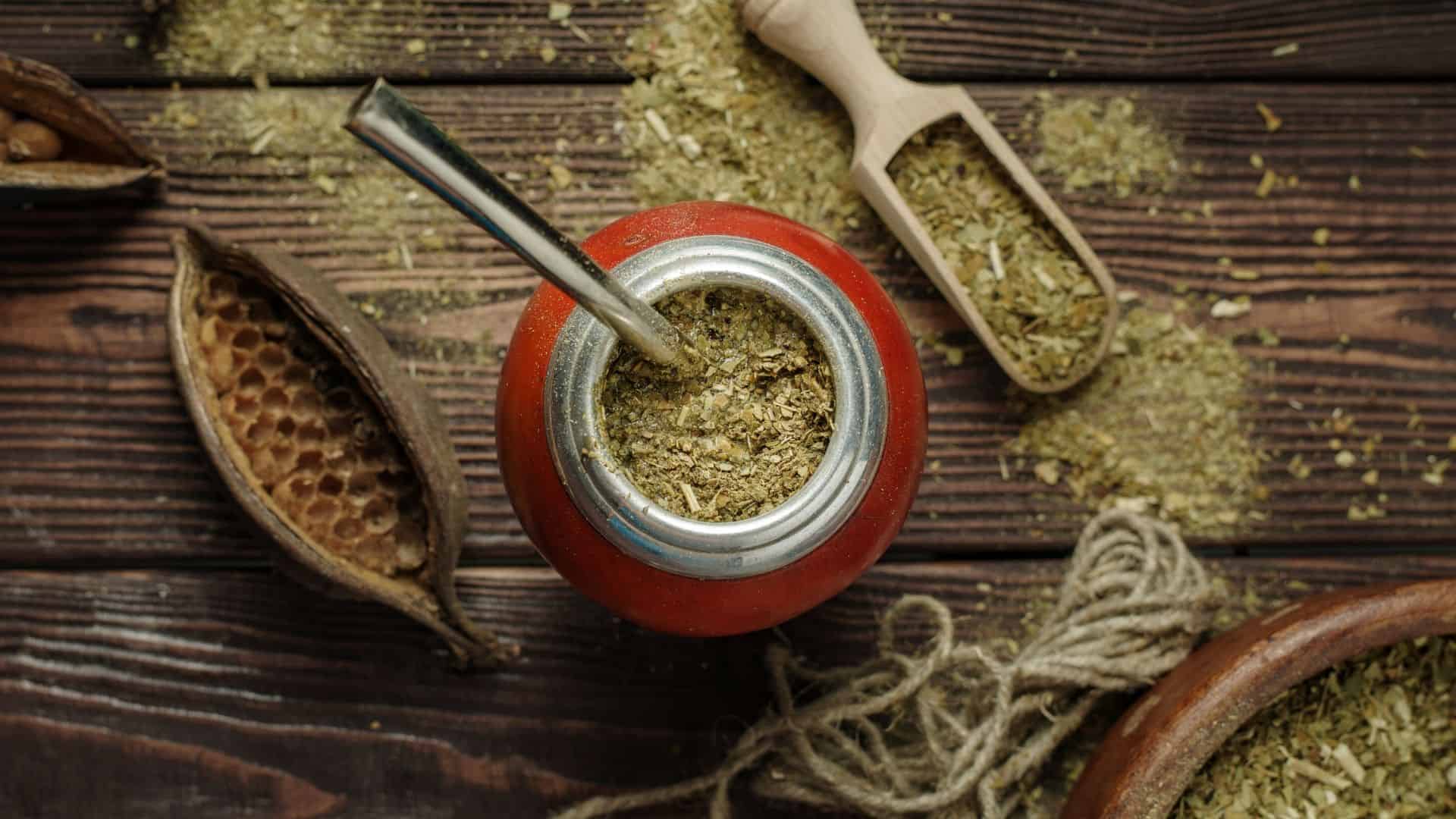
Yerba mate is traditionally drunk throughout Latin America as a medicinal brew.
Syrian immigrants have imported this highly caffeinated tea back to the Middle East as well.
With yerba mate, a cup of tea delivers slightly less caffeine than a cup of coffee!
The Bottom Line
You could try a different tea variety every day of the year and still not try them all.
We could never include every tea here, but these types of tea are a good place to start and expand your tea exploration. Plus, they’re loaded with health benefits.
Give the coffee habit a break and try some new teas today!
